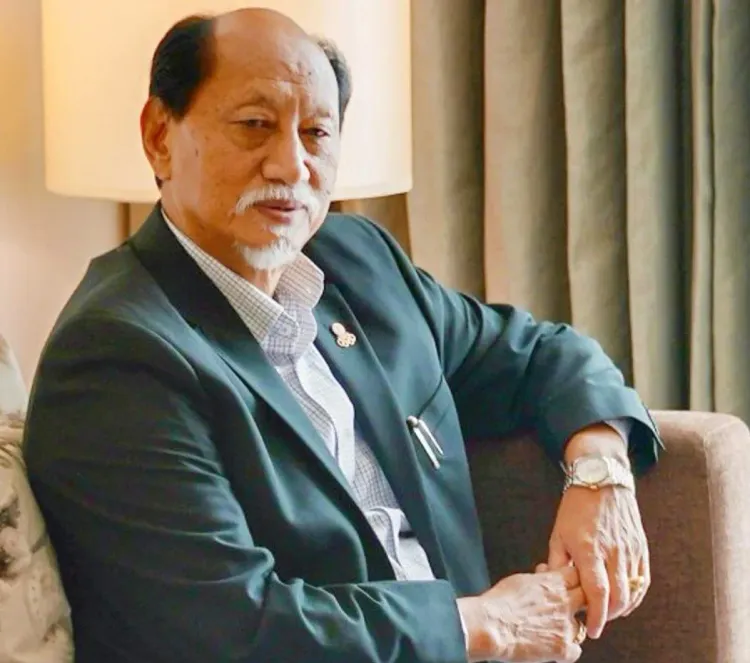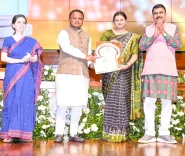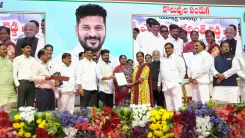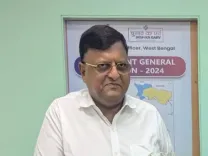How Did Nagaland Achieve the Third Highest Literacy Rate in India?

Synopsis
Key Takeaways
- Nagaland ranks third in literacy in India with 95.7%.
- The state has made significant educational reforms since 1963.
- SLAN is enhancing teacher training and leadership.
- SOAR Mission aims for global standards in education.
- Promotion of music education and mother-tongue learning is prioritized.
Kohima, Sep 5 (NationPress) The Chief Minister of Nagaland, Neiphiu Rio, announced on Friday that the state has achieved the remarkable status of being India's third most literate state, boasting a literacy rate of 95.7 percent, trailing only behind Kerala and Mizoram.
While addressing the Teacher's Day event in Kohima, the Chief Minister reflected on the journey since Nagaland gained statehood in 1963, when the literacy rate was a mere 21.95 percent, one of the lowest in the nation. Today, the state stands proud with a literacy rate of 95.7 percent.
This impressive literacy rate is a testament to the relentless dedication of the teachers, educationists, and policymakers in Nagaland.
Rio pointed out that the state is home to 2,734 schools, 32,801 teachers, and 410,389 school-going children.
He also commended the advancements made by the School Leadership Academy of Nagaland (SLAN), founded in 2023, which focuses on in-service teacher training and leadership enhancement.
In alignment with the National Education Policy (NEP) 2020, Nagaland has initiated significant reforms, he noted.
Furthermore, the Nagaland State Curriculum Framework for Foundational Stage Education (NSCFSE) is now finalized, and the state is set to launch the Systems for Outstanding Achievements and Reformation (SOAR) Mission, a collaborative program aimed at elevating the standards of our curriculum, teaching methods, assessments, and school management.
The state is also working towards establishing the Nagaland State School Standards Authority (NSSSA), as mandated by the National Education Policy 2020, which will act as a regulatory body to ensure quality benchmarks in education.
To support this initiative, the Nagaland School Quality Assessment and Assurance Framework (NSQAAF) is currently under development, according to the Chief Minister.
He emphasized that another significant initiative being pursued is the introduction of music education at the elementary level, in collaboration with the Department of TaFMA, which will provide students with access to a globally recognized acoustic curriculum and foster new avenues for creative development.
Additionally, in accordance with the National Education Policy 2020, the government is prioritizing the promotion of mother-tongue-based education and is partnering with Nagaland University to develop and standardize tribal languages, certify language teachers, and produce literature.
Rio urged all educators to continue fostering curiosity, critical thinking, and compassion among students, empowering them to become responsible citizens, capable leaders, and exemplary human beings, while reaffirming the commitment to elevate teaching as a profession and ensure that every child in Nagaland receives quality education.
During the event, 13 educators were honored with the State Teachers’ Award, and four schools received recognition for excellence in school safety - SSB Phase 2.





